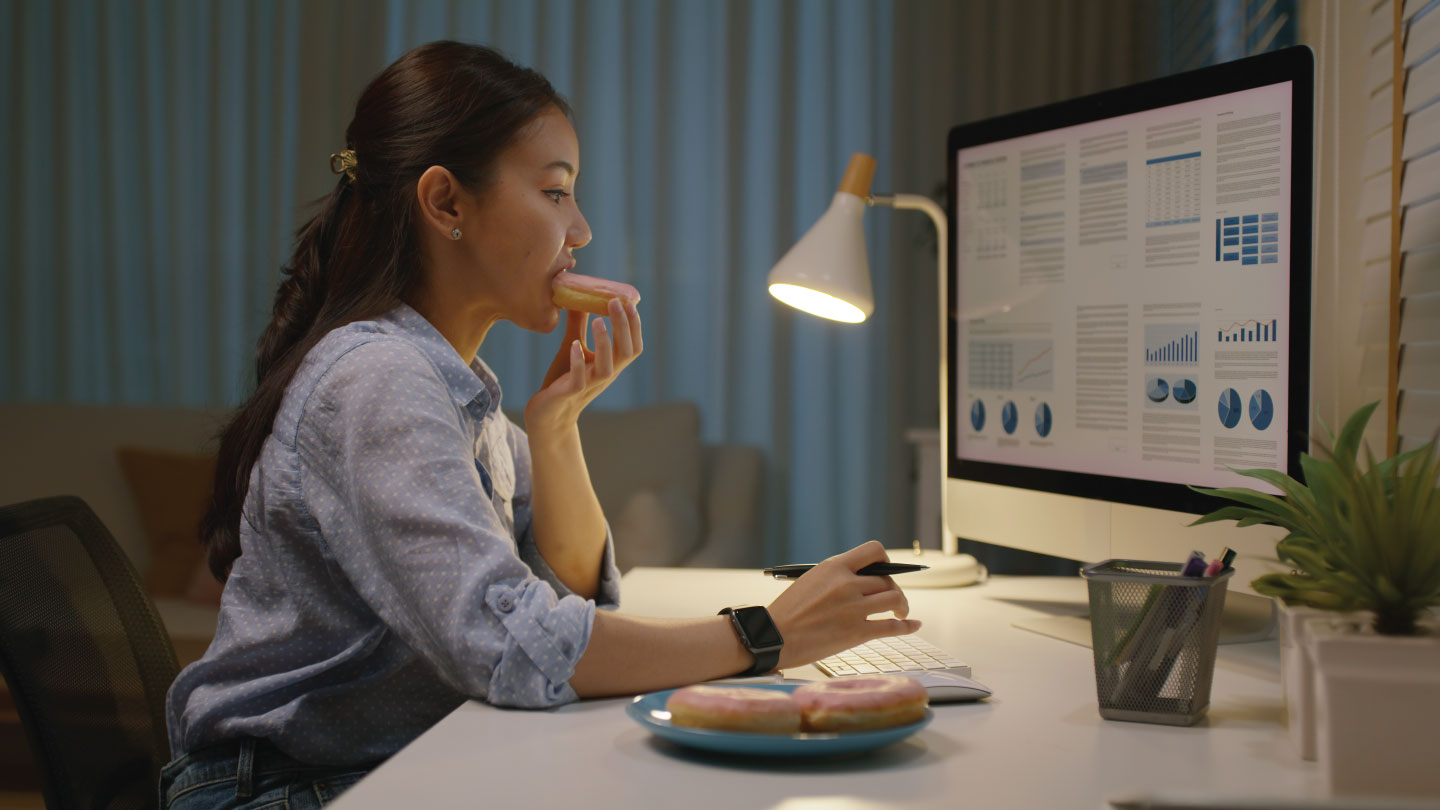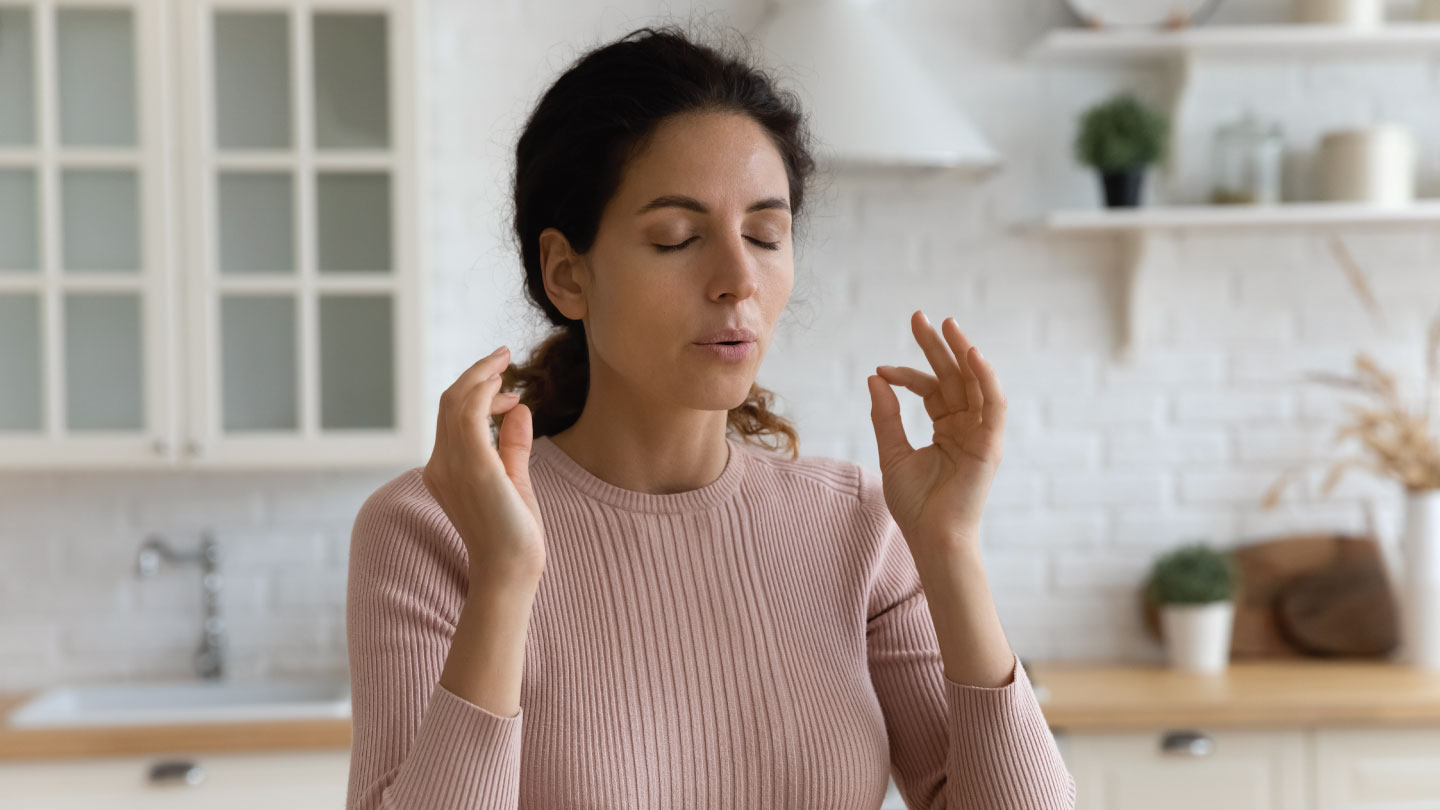Mental Health
Are You Emotionally Unavailable Without Even Realising It?
You might show up, smile, and say “I’m fine,” but still keep your heart locked away. Emotional unavailability isn’t always obvious, even to the person living with it. Here’s how to spot the signs.

“It feels like I love a ghost,” my friend said over coffee, stirring her cup with more force than necessary. Her partner wasn’t cruel. He was present, polite, and sometimes even charming. But when she’d reach out for something deeper, a talk about the future, a vulnerable moment, a real emotional exchange, he’d disappear behind an invisible wall.
Wait… Could That Be You? Have you ever been told you’re ‘hard to get close to’? Or found yourself pulling away the moment a relationship starts getting real? Before you brush it off, pause. Emotional unavailability isn’t always a dramatic cold shoulder or ghosting. Sometimes, it wears a smile. It nods politely. It shares memes instead of feelings. You could be emotionally unavailable and not even know it.
Related story: Signs That You’re Mentally and Emotionally Exhausted
What Does It Really Mean to Be Emotionally Unavailable?
We had a talk with Dr. Sandeep Vohra, founder at NWNT.ai and renowned psychiatrist with 34 years of experience in the field, who explains, “Being emotionally unavailable means that a person struggles to form or maintain close emotional connections. This can manifest as difficulty expressing feelings, avoiding vulnerability, or distancing themselves when intimacy deepens. Often, it’s not a conscious choice; many emotionally unavailable individuals are grappling with past trauma, attachment issues, or fear of rejection. From a psychiatric perspective, this pattern may be rooted in learned behaviour or emotional self-protection mechanisms developed over time.”
One Reddit user put it bluntly:
“I’d leave the moment things started feeling too serious, then sit alone wondering why I was so lonely.”
Related story: How to Be A Supportive Partner
The Subtle Signs You Might Be Emotionally Unavailable
According to Dr. Sandeep Vohra, emotional unavailability often isn’t a conscious choice; it can be a protective mechanism shaped by past trauma, attachment issues, or fear of vulnerability. There are several signs that someone might be emotionally unavailable:
- Difficulty expressing or discussing emotions
- Avoiding commitment or deep conversation
- Shutting down or withdrawing when faced with conflict
- Keeping relationships surface-level or short-term
- Prioritising independence to the point of emotional detachment
- Being inconsistent—hot and cold in their responses
- Dismissing or invalidating their partner's emotional needs
It’s important to remember that emotional unavailability is not always intentional; it often stems from deeper emotional wounds or unresolved issues.
Related story: Overcoming Emotional Numbness
Where Does This Shield Come From?
Emotional unavailability isn’t something people choose. It’s something they learn.
Past heartbreaks that still echo. After a brutal breakup, my friend Avni told me, “That one love ended me, completely destroyed me. Since then, I have been on guard, and I take precautions. If I don’t feel, I don’t get hurt.” It’s twisted, but it makes sense. The logic becomes: if I never let anyone in, I can’t be destroyed again.
Childhood patterns that linger. Maybe your parents never asked how you felt. Maybe they scoffed at tears or called emotions weak. That kind of emotional neglect wired the brain to avoid vulnerability. Research (World Journal of Psychiatry in 2021) suggests that it may factor into almost 40 per cent of cases in adults. One study found that a gene mutation in a specific gene called the catechol-O-methyltransferase (COMT) gene raised the risk of developing avoidant attachment disorder.
The Cost of Keeping Your Guard Up
Let’s be real: Emotional walls feel safe until they start feeling lonely, or you might be self-sabotaging yourself. Relationships can’t thrive when they are one-sided. The people around may start things like:
- “I feel more alone with you than when I’m by myself.”
- “You’re here, but I can’t reach you.”
And while you might think you’re protecting yourself, that shield can also keep out the good stuff: connection, support, genuine love. It can become a barrier to the very intimacy we crave.
Can You Change This Pattern?
Yes, change is absolutely possible. Emotional availability is a skill that can be developed with self-awareness, patience, and the right support. Dr. Sandeep Vohra emphasises that therapy plays a crucial role in helping individuals identify the root causes—whether it's unresolved trauma, insecure attachment styles, or suppressed emotions. Cognitive-behavioural therapy (CBT), psychodynamic therapy, or even trauma-focused therapies can be especially effective. According to Dr. Vohra, change also requires willingness and consistency. When someone commits to introspection, learns healthier coping mechanisms, and practices emotional expression in safe environments, they can form more fulfilling and connected relationships over time.
Related story: 4 Ways to Practice Emotional Intention
So, are you holding back in love, or learning to be fully seen?
This isn’t about blaming yourself. If you saw yourself in some of these patterns, you are not broken. You are human. And you are learning. The goal isn’t perfection. It’s progress.
Better relationships, effortless conversations and stronger connections—find the key to your true potential. Sign up.
EXPLORE MORE
If your calendar is packed but your mind feels scattered, it’s time to schedule days that not only keep you busy but also keep you balanced. Here are five kinds of days worth protecting, every single month.
How the unholy trinity of stress, sleep loss, and sugar is quietly rewriting India’s health story.
Quick, smart, and easy to apply moves you can do when panic looms, turn the ‘Oh no’ into ‘okay, I got this!’
Trauma doesn’t just live in your memories; it lives in your brain and body. That’s why telling someone to move on isn’t just unhelpful; it’s biologically inaccurate.








.jpg)


.jpg)
